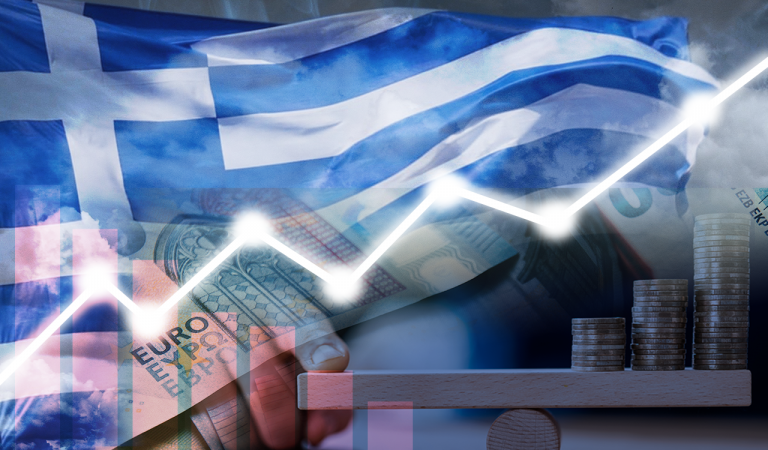
The Economic Sentiment Index (ESI) remained steady across the EU and the Eurozone, according to the latest Economic Tendency Surveys conducted by Greece’s Foundation for Economic and Industrial Research (IOBE).
Developments in Greece
According to IOBE, the industrial sector rebounded in November (+1.3) following a lackluster showing in September and October. This upturn was ascribed to optimism across all three key components of the index: orders and demand, inventories, and expected production in the coming months.
In services, expectations declined (-0.9), reflecting deteriorating assessments of current demand, future demand forecasts, and evaluations of the current business situation.
The retail trade sector saw a notable boost (+2.3), thanks to optimistic assessments of current conditions and modest improvements in inventory levels, despite weakening expectations for future conditions.
In the construction sector, the index showed a marginal rise (+0.3) for the third consecutive month. This growth was supported by optimistic expectations about order levels, partially offset by more negative employment forecasts.
Consumer confidence, however, broke its upward trend (-1.1), reflecting growing pessimism about both the current and future financial situation of households and the general state of the country.
Improved expectations in the industrial and retail trade sectors contributed to the ESI stability, as they offset pessimistic outlooks in services and consumer confidence. Meanwhile, expectations in the construction sector remained nearly unchanged.
Across Europe’s six largest economies, the ESI improved significantly in France (+3.0), Spain (+2.1), and the Netherlands (+1.5), with a modest gain in Poland (+0.7). In contrast, Germany experienced a decline (-1.3), followed by a smaller drop in Italy (-0.3).
Industry: The industrial expectations index stood at -10.4 in the EU and -11.1 in the Eurozone. Forecasts for production in the next three months improved, while inventory levels eased slightly, and projections for orders and demand showed positive momentum in both regions.
Source: tovima.com
Latest News

Corruption Still Plagues Greece’s Driving Tests
While traffic accidents continue to claim lives on Greek roads daily, irregularities and under-the-table dealings in the training and testing of new drivers remain disturbingly widespread

Pope Francis Died of Stroke and Heart Failure Vatican Confirms
As news of the official cause of death spread, tributes poured in from across the globe. The 1.4 billion-member Catholic Church is united in grief, remembering a pope who championed inclusion, justice, and compassion

Increase in Both Museum Visits, Revenues for 2024
As expected, the Acropolis was the top archeological site in the country, followed by Sounion, Mycenae, the ancient theater of Epidaurus, and Vergina in northern Greece

Where Greece’s Tourists Come From: A Look at 2025’s Top Visitor Markets
The United Kingdom continues to hold the top spot as the largest source of incoming tourism, with 5.6 million seats booked for Greece this summer — up 2.2% from last year. This accounts for 20% of all international air traffic to Greece

Pope Francis: A Pontiff Who Reshaped the Papacy and Sparked a Global Conversation
His first words from the balcony of St. Peter’s Basilica—“Brothers and sisters, good evening”—set the tone for a pontificate that would challenge norms, favor mercy over dogma, and bring the papacy closer to the people.

When Blue Skies was Unmasked as ND’s Political ‘Slush Fund’
The fact that so many top New Democracy (ND) party cadres were paid by the firm Blue Skies, owned by Thomas Varvitsiotis and Yiannis Olympios, without ever citing this publicly, raises very serious moral issues, regardless of the legality

Greek Women’s Water Polo Team Top in the World after 13-9 Win Over Hungary
The Greek team had previously defeated another tournament favorite, the Netherlands, to reach the final.
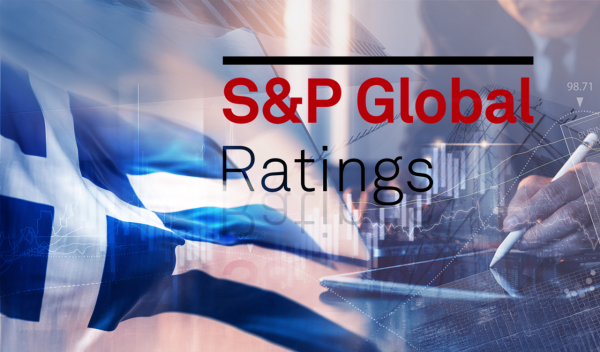
S&P Raises Greek Rating; BBB with Stable Outlook
S&P’s decision raises the Greek economy to the second notch of investment grade ladder, at BBB with a stable outlook.

Greek Tourism Optimistic About Demand from American Market
A recent survey by MMGY Global, conducted from April 3–5 with a sample of 1,000 U.S. adults, found that 83% of Americans still intend to take leisure trips over the next 12 months, a slight drop from 87% in late February

New Exposé by Domumento Reveals Nefarious Triangular Link of ‘Black Money’ with New Democracy, Blue Skies, & Truth Team
The latest exposé by the Documentonews.gr news site lays bare what appears to be a surreptitious path of indirect financing of ND through the business sector—transactions that, as widely understood, rarely occur without expectations of reciprocal benefit










![Πλημμύρες: Σημειώθηκαν σε επίπεδα ρεκόρ στην Ευρώπη το 2024 [γράφημα]](https://www.ot.gr/wp-content/uploads/2025/04/FLOOD_HUNGRY-90x90.jpg)


![Ξενοδοχεία: Μεγάλο το ενδιαφέρον για επενδύσεις στην Ελλάδα – Η θέση της Αθήνας [γραφήματα]](https://www.ot.gr/wp-content/uploads/2025/03/Athens-hotels-90x90.jpg)


![Airbnb: Πτωτικά κινήθηκε η ζήτηση τον Μάρτιο – Τι δείχνουν τα στοιχεία [γράφημα]](https://www.ot.gr/wp-content/uploads/2024/07/airbnb-gba8e58468_1280-1-90x90.jpg)










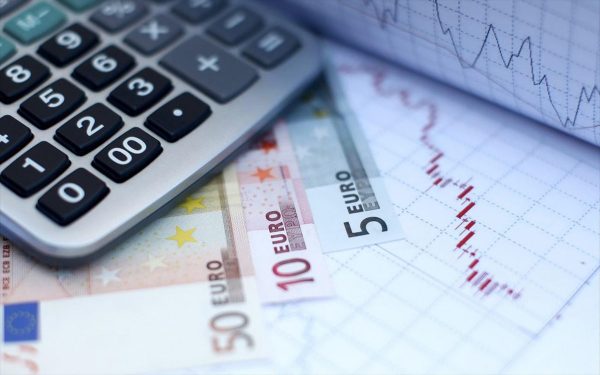

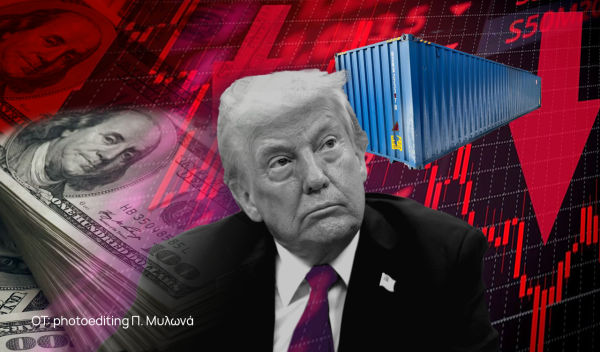

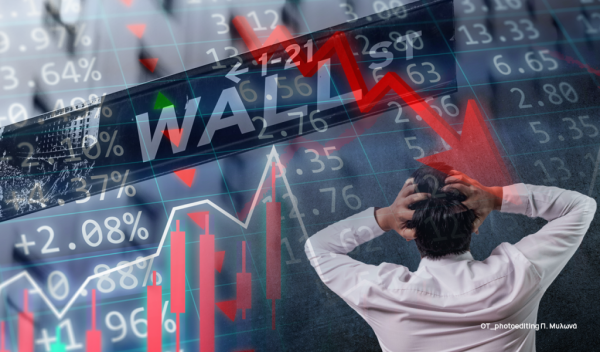


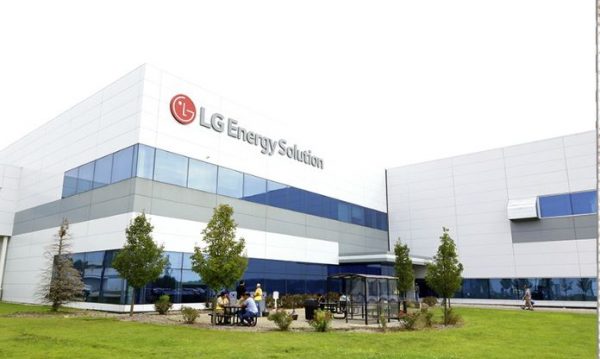




![Ξενοδοχεία: Μεγάλο το ενδιαφέρον για επενδύσεις στην Ελλάδα – Η θέση της Αθήνας [γραφήματα]](https://www.ot.gr/wp-content/uploads/2025/03/Athens-hotels-600x399.jpg)


 Αριθμός Πιστοποίησης
Αριθμός Πιστοποίησης